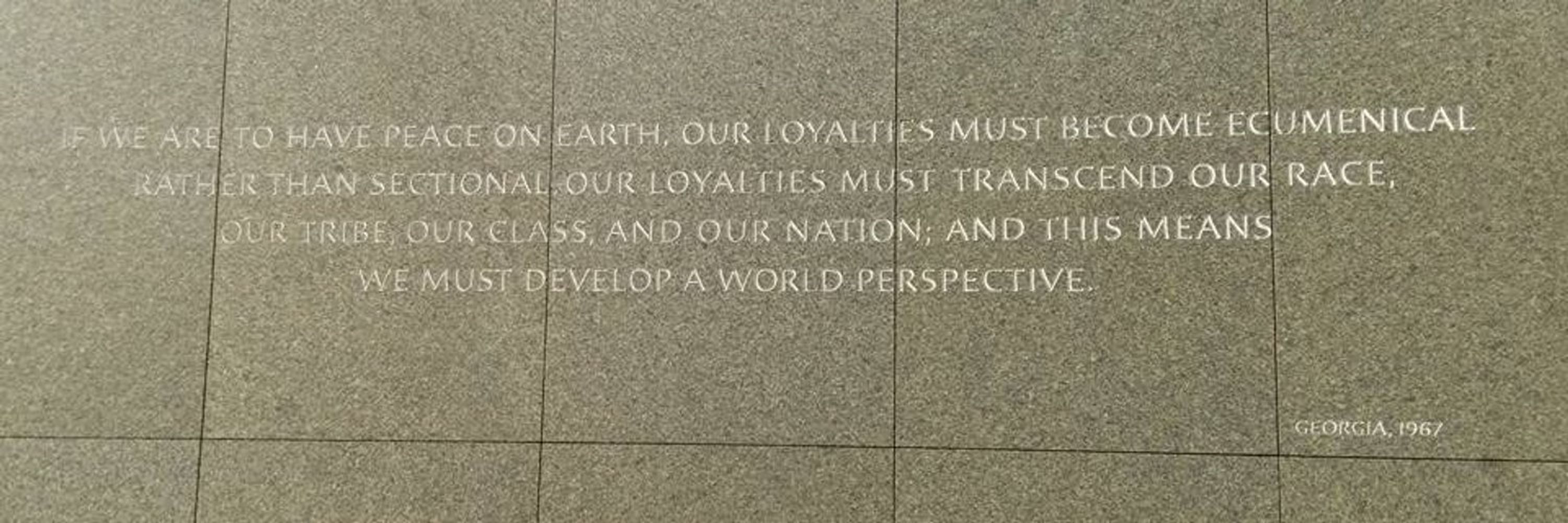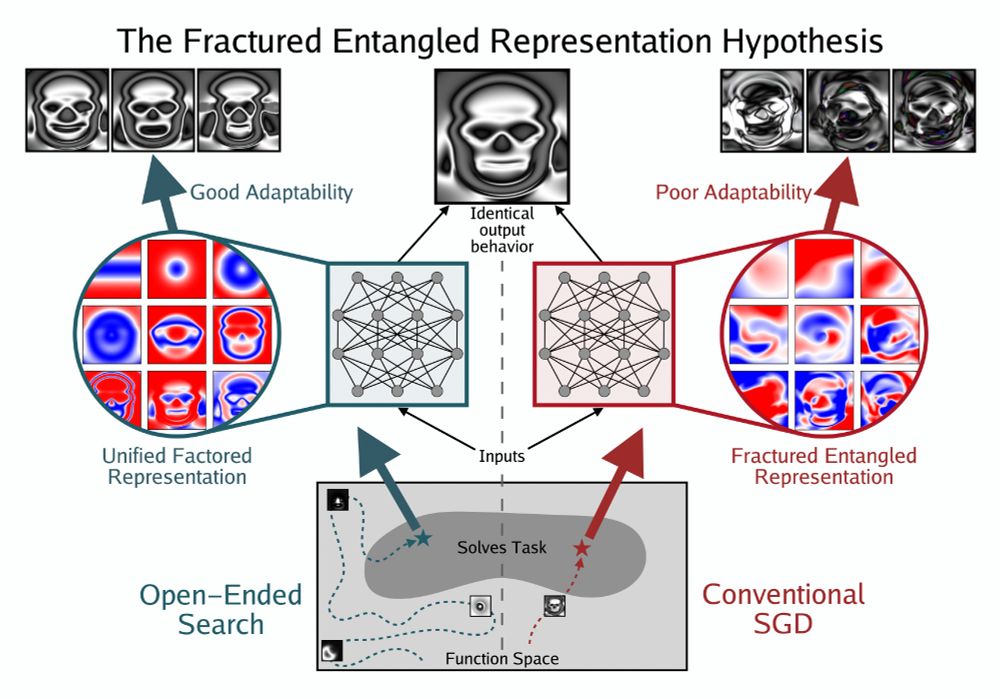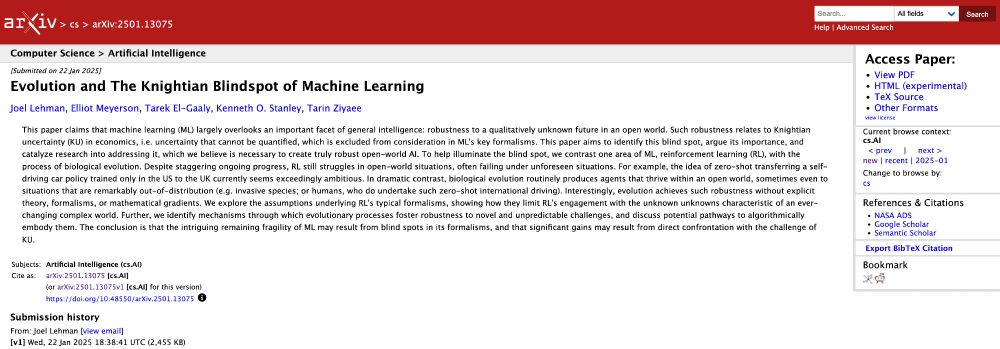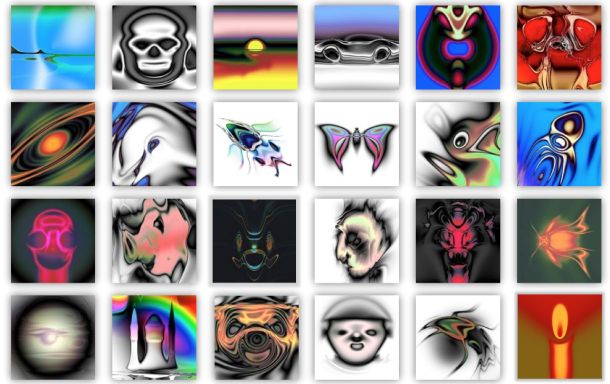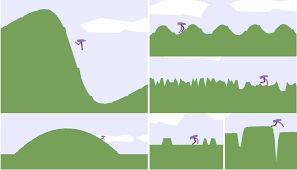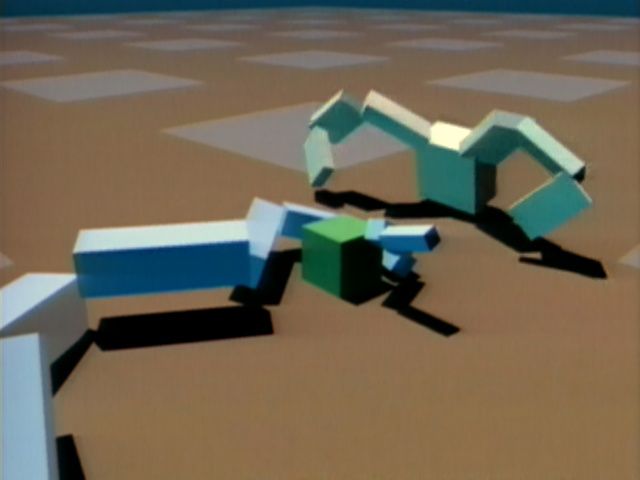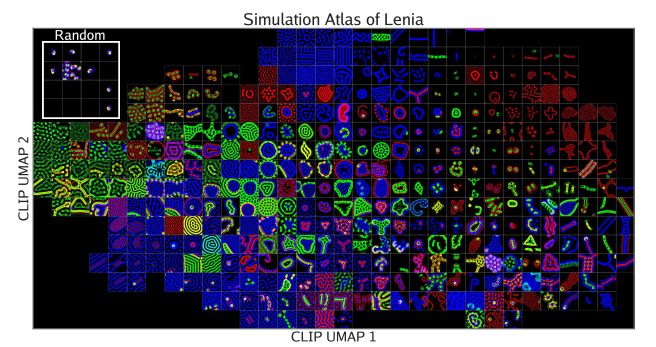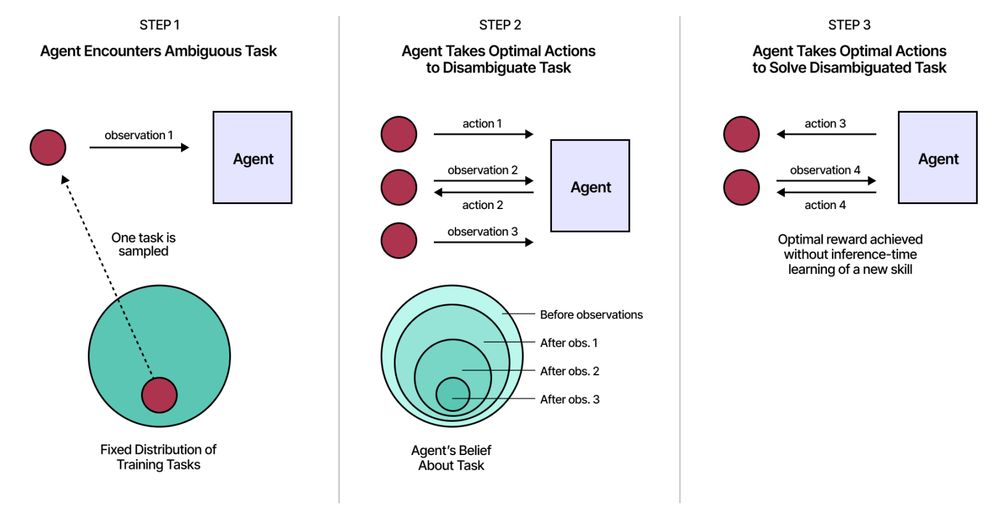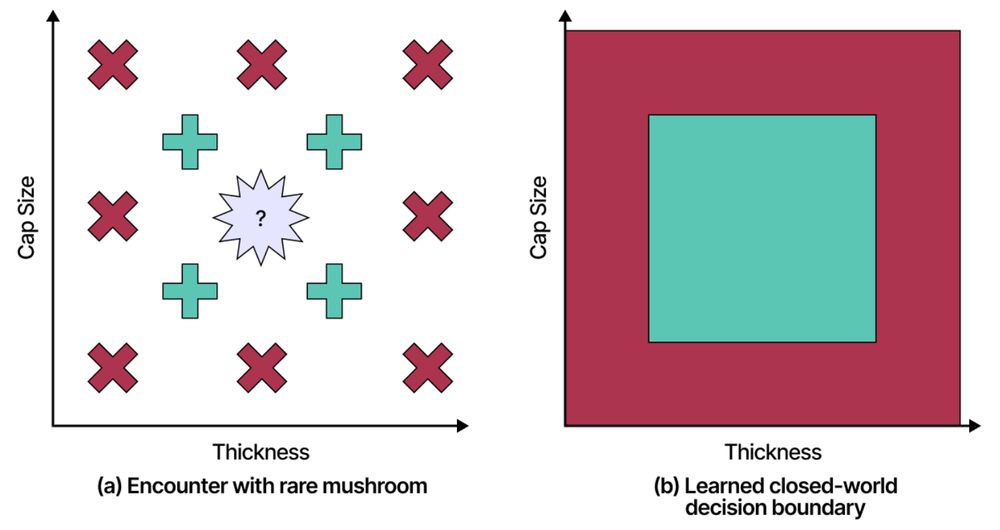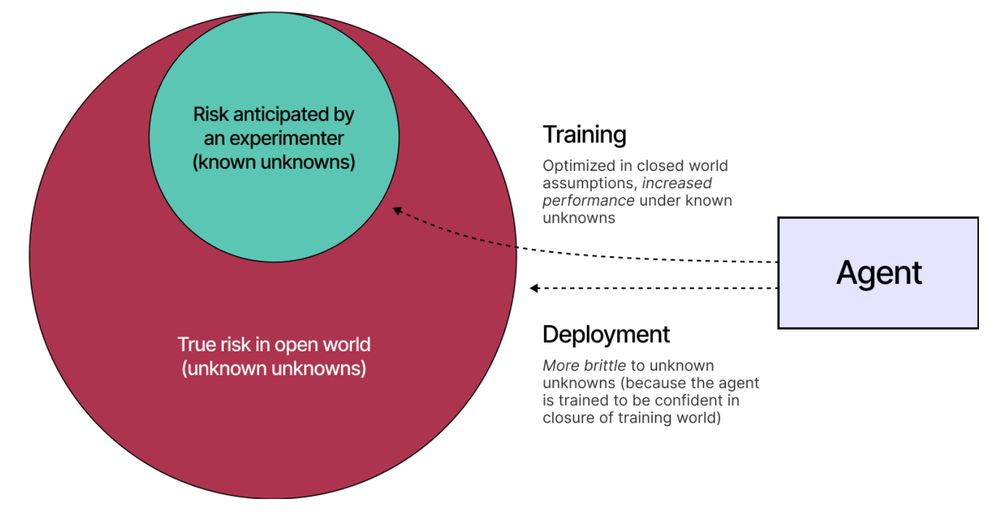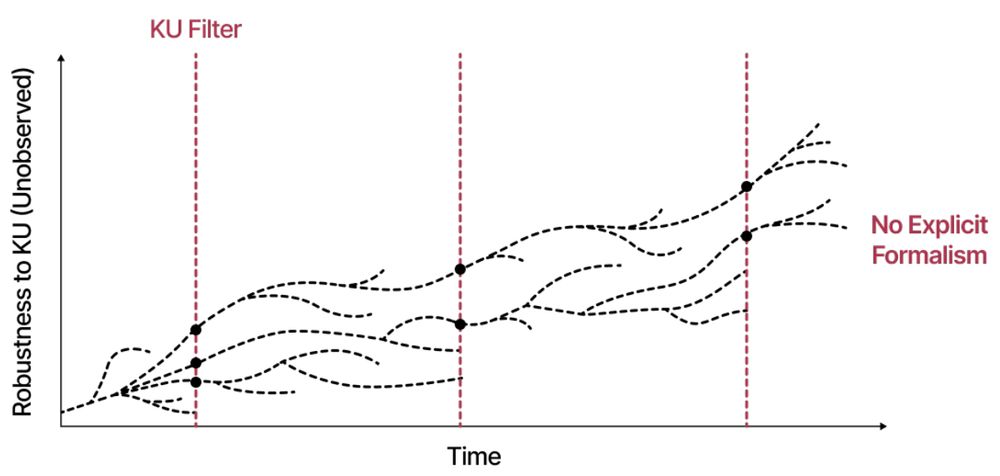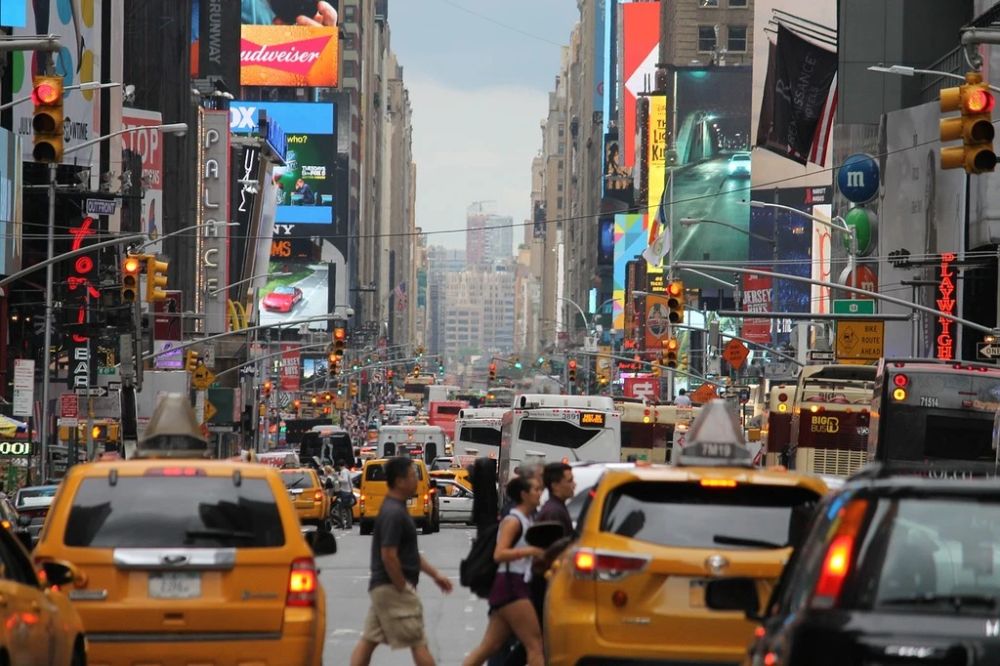Joel Lehman
@joelbot3000.bsky.social
790 followers
53 following
18 posts
ML researcher, co-author Why Greatness Cannot Be Planned. Creative+safe AI, AI+human flourishing, philosophy; prev OpenAI / Uber AI / Geometric Intelligence
Posts
Media
Videos
Starter Packs
Reposted by Joel Lehman
Reposted by Joel Lehman
Joel Lehman
@joelbot3000.bsky.social
· Jan 24
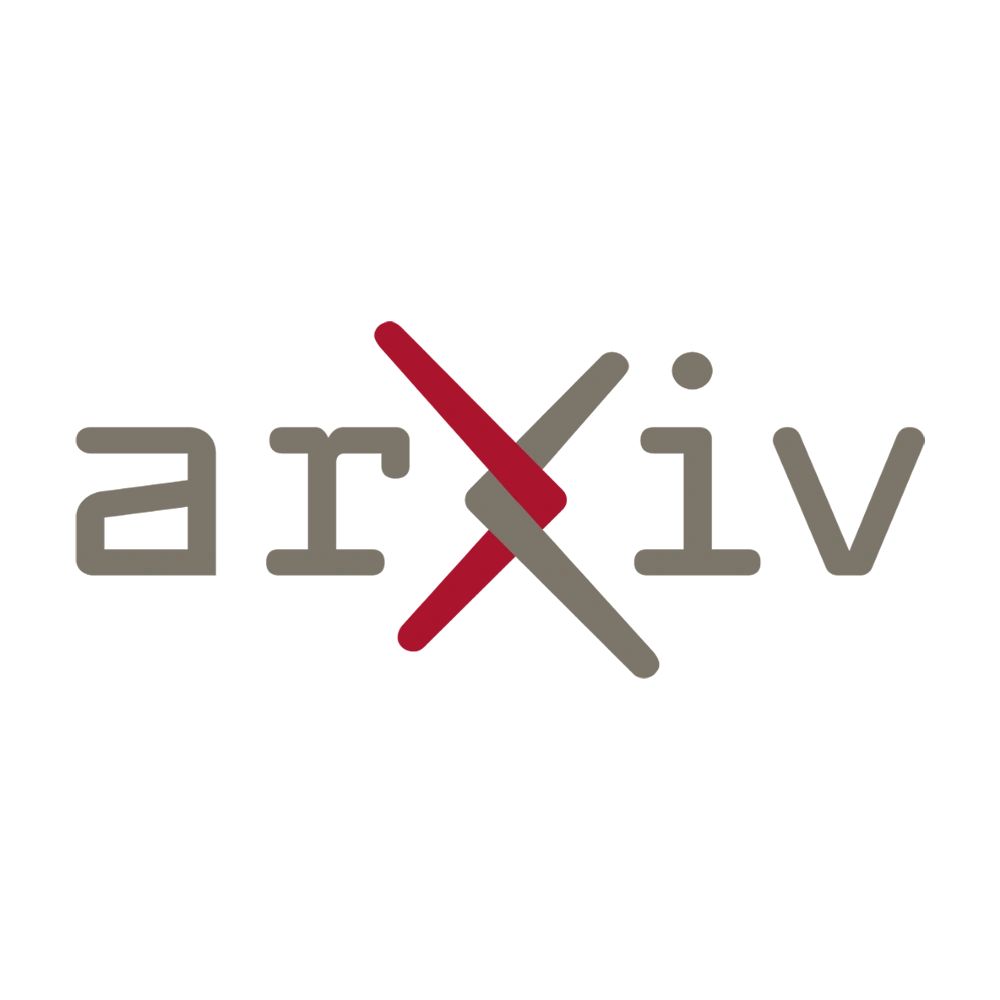
Evolution and The Knightian Blindspot of Machine Learning
This paper claims that machine learning (ML) largely overlooks an important facet of general intelligence: robustness to a qualitatively unknown future in an open world. Such robustness relates to...
arxiv.org
Joel Lehman
@joelbot3000.bsky.social
· Jan 24
Joel Lehman
@joelbot3000.bsky.social
· Jan 24
Joel Lehman
@joelbot3000.bsky.social
· Jan 24
Joel Lehman
@joelbot3000.bsky.social
· Jan 24
Joel Lehman
@joelbot3000.bsky.social
· Jan 24
Kenneth Stanley (@kennethstanley.bsky.social)
In the past: CEO of Maven, Team Lead at OpenAI, head of basic/core research at Uber AI, professor at UCF.
Stuff I helped invent: NEAT, CPPNs, HyperNEAT, novelty search, POET, Picbreeder.
Book: Why Greatness Cannot Be Planned
bsky.app
Joel Lehman
@joelbot3000.bsky.social
· Jan 24
Joel Lehman
@joelbot3000.bsky.social
· Jan 24
Reposted by Joel Lehman
Joel Lehman
@joelbot3000.bsky.social
· Nov 25
Reposted by Joel Lehman
Max
@maxbittker.bsky.social
· Aug 10
